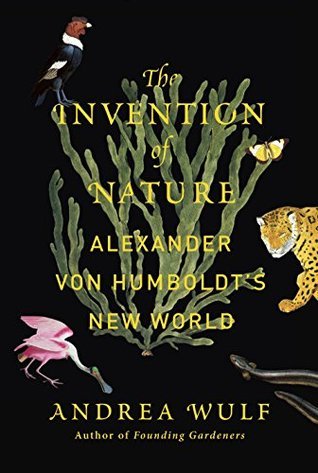This is an excellent and very readable book about the life and work of a man with whose name every educated person is familiar, but about whom (and which) few people in America today know very much, though his 100th birthday in 1869, only a decade after his death, was spectacularly celebrated across the United States. Humboldt was a Prussian aristocrat born of a wealthy family, an international traveler and explorer—including in South America, North America, and Russia—the author of many books, and the first natural scientist to understand the world as a single connected thing (or “organism,” as Wulf puts it), who nevertheless made no scientific “discoveries” himself. Humboldt’s achievement was essentially imaginative rather than strictly scientific, arrived at through an interdisciplinary and syncretic approach: “a bold new version of nature,” Wulf writes, “that still influences the way that we understand the natural world.” Indeed, it is the way: the way of modern environmentalism, not in its ideological form only but also in its strictly scientific one, involving ecosystems and the “web of life.”
Humboldt saw [plants] not through the narrow categories of classification but as types according to their location and climate. . . . [He] viewed nature as a global force with corresponding climate zones across continents: a radical concept at the time, and one that still colours our understanding of ecosystems.
He recognized the effect that even relatively primitive human cultures had on the natural world, and foresaw the likelihood of what we today call “climate change,” induced by “man’s mischief . . . which disturbs nature’s order.” Humboldt even imagined a world so ravaged that human beings would escape from the scene of their mayhem to distant planets, which they would then similarly exploit and ruin. (It is perhaps not coincidental that he offered this scenario in 1801, early in the Industrial Revolution.) Humboldt was admired by, and influenced, Jefferson, Darwin, Wordsworth, Coleridge, Thoreau, Bolívar, Goethe, George Perkins Marsh, and many other leading figures of his time. This thoroughly engaging book has given me an education in an area of intellectual history I should have investigated years ago.
[The Invention of Nature: Alexander von Humboldt’s New World, by Andrea Wulf (New York: Alfred A. Knopf) 473 pp., $30.00]

Leave a Reply